Smart Fitness Watches
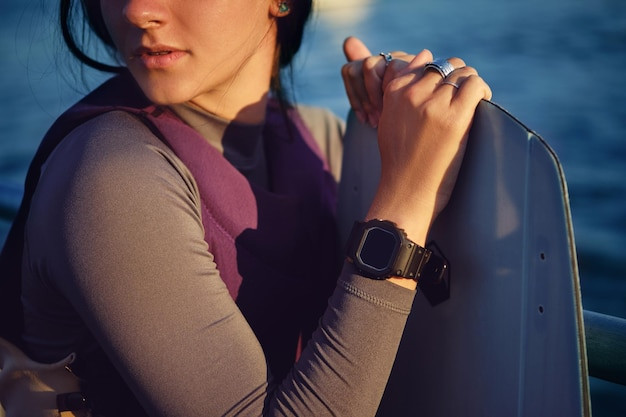
Smart fitness watches have become the best accessory for health enthusiasts. These devices go beyond just counting steps; they track heart rate, analyze sleep quality, and even offer guided breathing exercises for stress management. Brands like Apple, Garmin, and Fitbit continuously innovate, adding features like ECG monitoring and blood oxygen level detection. The integration of these watches with smartphone apps allows users to set fitness goals, monitor progress, and receive personalized health insights, making them an important tool in the modern wellness toolkit.
Wearable Sleep Trackers
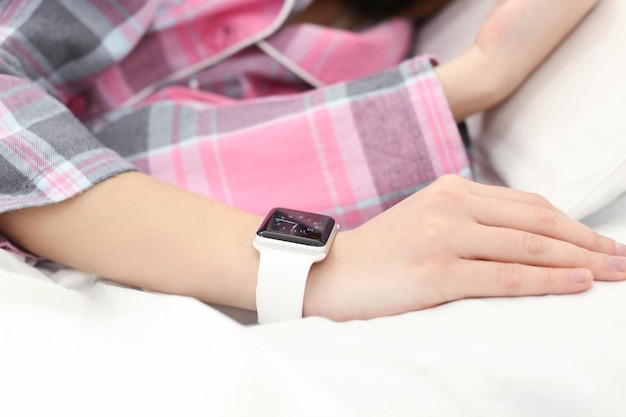
Sleep plays a crucial role in overall health, and wearable sleep trackers have emerged as a valuable tool for improving sleep quality. These devices, often incorporated into smartwatches or designed as standalone gadgets, monitor various aspects of sleep, including duration, stages (light, deep, REM), and interruptions. By analyzing this data, users can identify patterns and issues, such as irregular sleep cycles or signs of sleep disorders. Manufacturers like Withings and Philips offer products that not only track sleep but also provide actionable advice to enhance sleep hygiene.
Fitness Apps
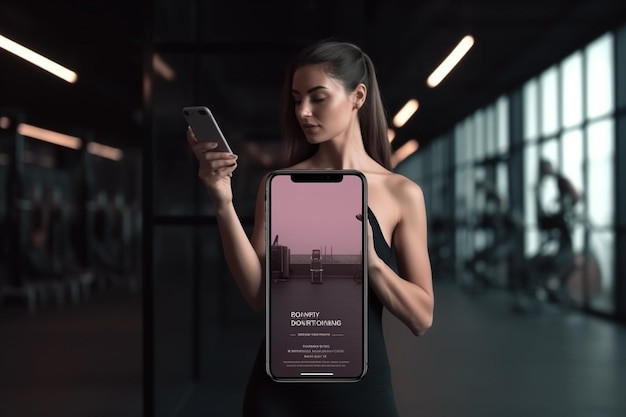
Apps like MyFitnessPal, Strava, and Nike Training Club offer a range of features from tracking calorie intake and expenditure to providing tailored workout routines for different fitness levels. These apps often incorporate social elements, allowing users to connect with friends for motivation and share achievements. The convenience and customization offered by fitness apps have made them a popular choice for individuals looking to maintain an active lifestyle without the need for expensive gym memberships or personal trainers.
Smart Scales
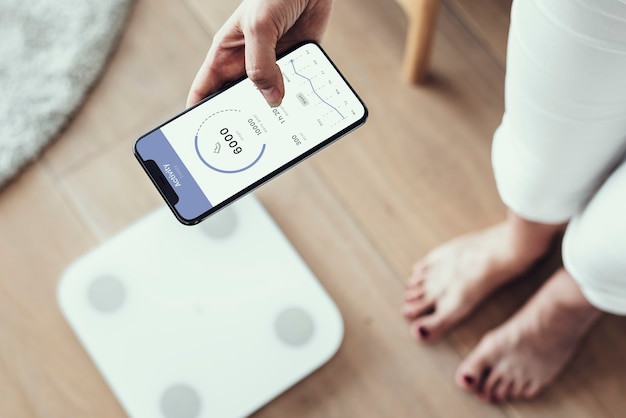
Smart scales represent a giant leap from their traditional counterparts. These connected devices not only measure weight but also provide insights into body composition, including fat percentage, muscle mass, water content, and bone density. By giving data to smartphones or tablets, users can track changes over time and understand how their diet and exercise regimen affects their body. Brands like Fitbit and Withings are at the forefront of this technology, offering smart scales that integrate seamlessly with other health-tracking devices for a holistic view of wellness.
Virtual Reality Fitness
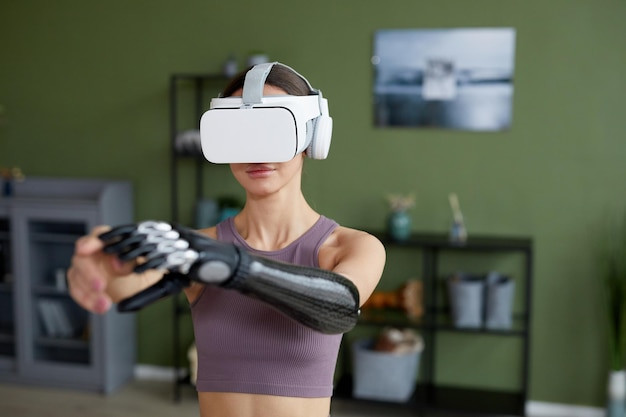
Virtual reality (VR) fitness takes the monotony out of exercising by immersing users in engaging, interactive environments. Whether it's boxing against virtual opponents, dancing, or climbing virtual mountains, VR fitness programs make workouts fun and challenging. Systems like Oculus Quest offer a variety of fitness games and experiences that cater to different interests and fitness levels. This technology not only provides a different way to exercise but also helps users build consistency by turning fitness into an enjoyable activity rather than a chore.
Health Monitoring Implants

Health monitoring implants represent the cutting edge of medical technology, offering continuous, real-time tracking of vital health metrics. These tiny devices can be implanted under the skin to monitor a range of health indicators, such as glucose levels in diabetics or cardiac rhythms in patients with heart conditions. Companies like Medtronic are leading the way in this field, developing implants that communicate data directly to healthcare providers, enabling proactive management of chronic conditions and potentially life-saving early intervention.
Telehealth Services

Telehealth services have transformed access to healthcare, particularly in remote or underserved areas. Through video calls, messaging, and digital platforms, patients can consult with healthcare professionals, receive diagnoses, and even obtain prescriptions without leaving their homes. This convenience reduces barriers to seeking care and supports ongoing health management. Platforms like Teladoc and Doctor on Demand have become increasingly popular, offering a range of services from general consultations to mental health support, illustrating the growing acceptance and reliance on telehealth in our healthcare system.
Nutrition Tracking Platforms
Nutrition tracking platforms have simplified diet management. These tools allow users to log food intake, monitor nutrients, and plan meals according to specific health goals or dietary needs. Advanced features include barcode scanning for easy product logging, recipe suggestions, and integration with fitness trackers to balance calorie intake with expenditure. MyFitnessPal and Cronometer are examples of apps that offer comprehensive nutrition tracking, helping users make informed choices about their diet and supporting weight management and overall health.
DNA Testing for Personalized Health Insights
DNA testing kits have moved beyond ancestry tracing to offer personalized health insights. Companies like 23andMe and AncestryHealth analyze genetic markers to provide information on predispositions to certain health conditions, carrier status for hereditary diseases, and even traits affecting metabolism and fitness. This genetic information empowers individuals to make proactive health decisions, tailor their lifestyle and diet, and engage in preventive measures. While privacy concerns remain, the potential for personalized medicine and health optimization through DNA testing is immense.
AI-Powered Health Coaches
AI-powered health coaches are redefining personalized wellness support. These virtual assistants use artificial intelligence to analyze health data from wearables and other sources, offering customized advice on exercise, nutrition, and lifestyle changes. Platforms like Lark and Vi offer conversational AI coaches that motivate users, track progress, and adjust recommendations based on user feedback and evolving health goals. This technology represents an advancement in providing accessible, personalized health guidance, making it easier for individuals to achieve their wellness objectives.




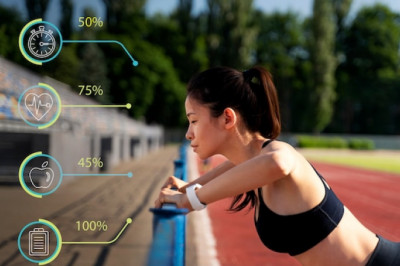
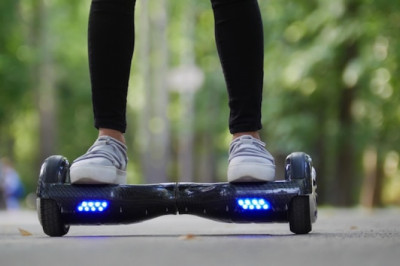

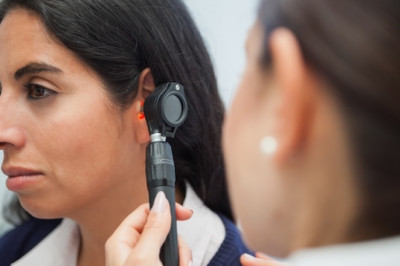



Comments
0 comment